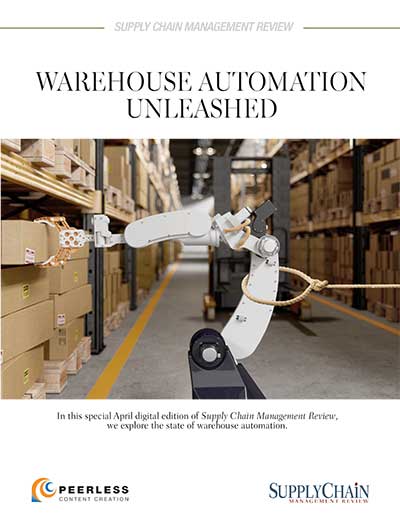As a consequence of recent pandemic disruptions, some supply chain experts are predicting that Manufacturing as a Service (MaaS) will soon replace the more traditional manufacturing model while
According to Lisa Anderson, president of LMA Consulting Group Inc., we are witnessing a transformation to maximize the customer experience which will enable profitable, scalable, and dramatic business growth.
“The customer experience has changed,” she says. “The need for a faster, flexible and more customer-centric, personalized response has had reverberating effects on manufacturing. Long lead times, predictable demand and traditional inventory management have made way to last-minute order changes, immediate delivery, evolving customer requirements and easy returns.
Anderson also maintains that manufacturers need to be more flexible, adaptable, and technologically savvy if they are going to survive.
“That means they need to embrace innovation and resiliency. In turn, the entire supply chain must be adaptable, flexible and respond to constant change,” she adds.
Much like Software as a Service (SaaS) upended software delivery from machine-based purchase delivery to cloud-based licensing, Manufacturing as a Service (MaaS) emerges as a means to be part of product innovation,on-demand scalability and the integration of artificial intelligence and data analytics.
“Think of it like this, Company A is a pharma device company. Through research, they identify a need that will significantly impact patient monitoring and care,” says Anderson. “They have the idea but not the financial resources to scale. By identifying a MAAS partner, they can produce prototypes, make adjustments during testing and identify customization options for customers.”
She concludes that “Company A” can now focus on product development, sales and marketing, while the MaaS partner focuses on managing the supply chain, inventory and transportation to scale and meet demand:
“Where this differs from traditional contract manufacturing is in leveraging the strength of the MaaS partner supply chain by integrating technology and data to drive customization. Manufacturing is evolving.”
SC
MR

Latest Supply Chain News
- Technology’s role in mending supply chain fragility after recent disruptions
- Tech investments bring revenue increases, survey finds
- Survey reveals strategies for addressing supply chain, logistics labor shortages
- Israel, Ukraine aid package to increase pressure on aerospace and defense supply chains
- How CPG brands can deliver on supplier diversity promises
- More News
Latest Resources

 Explore
Explore
Business Management News
- Technology’s role in mending supply chain fragility after recent disruptions
- Survey reveals strategies for addressing supply chain, logistics labor shortages
- How CPG brands can deliver on supplier diversity promises
- How S&OP provides the answer to in-demand products
- AI, virtual reality is bringing experiential learning into the modern age
- Tips for CIOs to overcome technology talent acquisition troubles
- More Business Management
Latest Business Management Resources

Subscribe

Supply Chain Management Review delivers the best industry content.

Editors’ Picks





